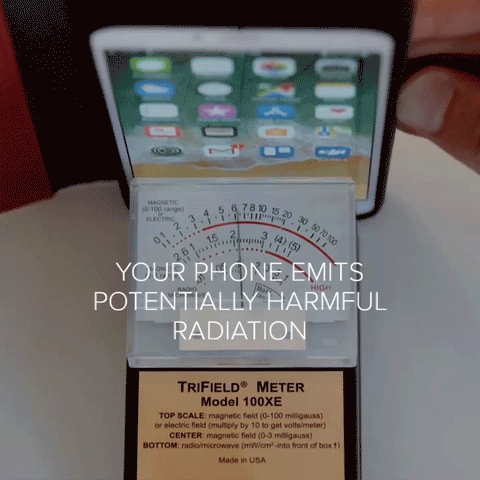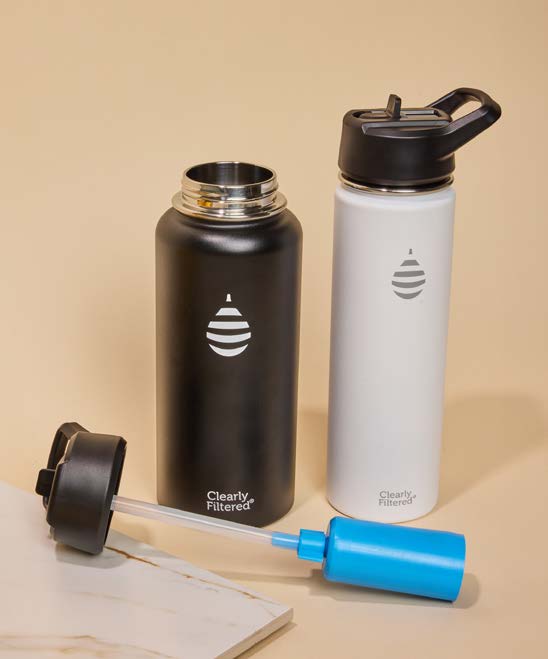Nutrient-Dense Foods: Fueling Your Healing Journey

When it comes to cancer care and general health, one of the most powerful tools we have is food. Nutrient-dense foods, in particular, play a significant role in supporting our bodies, helping to fight off illness, and promoting healing. But what exactly are “nutrient-dense foods,” and how can they be integrated into your daily life?
What Are Nutrient-Dense Foods?
Nutrient-dense foods are those that pack a high amount of vitamins, minerals, and other beneficial compounds into every bite. These are the foods that fuel your body and nourish it at a cellular level—unlike “empty calorie” foods that might fill you up but provide little to no nutritional value. Karen Schrum, a nutrition expert, explained that nutrient-dense foods go beyond simple macronutrients like proteins, fats, and carbohydrates. They include essential vitamins, minerals, and especially phytonutrients, which are compounds in plants that support health and fight diseases like cancer.
Macronutrients vs. Micronutrients Karen broke down the differences for us during the webinar:
- Macronutrients: These include the larger nutrients your body uses for energy, such as proteins, fats, and carbohydrates.
- Micronutrients: These are vitamins and minerals that don’t provide energy but are essential for the proper functioning of the body. They support immunity, bone health, skin integrity, and much more.
Then, we have phytonutrients, plant-based compounds with powerful healing properties, such as quercetin, found in onions, and apigenin, found in parsley and celery.
Making Healthy Swaps
When adopting nutrient-dense foods into your life, start by assessing what you’re currently eating. Are you gaining nutritional value from everything on your plate? If you’re unsure, try journaling or taking photos of your meals for a few days. Acknowledging your current habits is the first step toward making improvements.
Karen emphasized the importance of being honest about those little “BLTs”—bites, licks, and tastes of empty calories that may sneak into your diet, such as a bag of chips or a sugary snack. While these foods provide comfort, they rob your body of the nutrients it needs to fight and heal.
Simple Swaps:
- Replace chocolate cravings with foods high in magnesium like pumpkin seeds or artichokes.
- Craving sweets? Opt for naturally sweet fruits like berries or satisfy your body’s need for balance by incorporating whole foods rich in chromium, such as nuts and lentils.
Addressing Cravings
Interestingly, some cravings are actually signals from your body that it is missing a vital nutrient. For example, a craving for chocolate could indicate a magnesium deficiency. You can address this by including magnesium-rich foods like leafy greens, seeds, and artichokes. Karen also pointed out that many people struggle with cravings for empty calories like sugary sweets because of nutrient deficiencies. To combat these cravings, focus on nutrient-dense alternatives, and consider getting a micronutrient test to see what your body truly needs.
Nutrient-Dense Meals
To get started, here are a few nutrient-dense meal ideas:
- Karen’s Liver-Love Soup: Download Recipe >
- Ingredients: celery, parsley, garlic, ginger, avocado, lemon, and bone broth.
- This soup combines liver-supporting ingredients to help your body detoxify and heal.
- Tahini Salad Dressing:
- Base: Tahini (ground sesame seeds) for healthy fats and a touch of apple cider vinegar.
- Add olive oil for more healthy fats and lemon for a vitamin C boost.
- The Salad dressing recipe: – 1 to 2 Tbsp of tahini – 1 to 2 Tbsp of apple cider vinegar – 1 Tbsp of olive oil – Salt to taste
- Phytonutrient Power Salad:
- Combine leafy greens like spinach and kale, sautéed mushrooms, yellow onions, celery, and purple cabbage. Top with Karen’s dressing for a nutrient-packed meal that fights cancer at a cellular level.
- Grain Free Low Carb Bread: Download Recipe >
Why Focus on Phytonutrients?
Phytonutrients, such as quercetin in onions or luteolin in green peppers, offer powerful cancer-fighting properties. They can help induce cancer cell death (apoptosis) and inhibit the growth of new cancer cells. Simple additions to your meals, like using more garlic, celery, or herbs like basil and oregano, can significantly boost the nutrient density of your diet.
Incorporating more nutrient-dense foods into your diet can improve your overall health and support your body during and after cancer treatment. By focusing on foods rich in vitamins, minerals, and phytonutrients, you can nourish your body from the inside out and give it the tools it needs to heal.
If you’re looking for more personalized guidance, consider working with a nutrition therapist who specializes in oncology. Believe Big offers grants and access to nutrition experts who can help you create a tailored eating plan to support your unique health needs.





